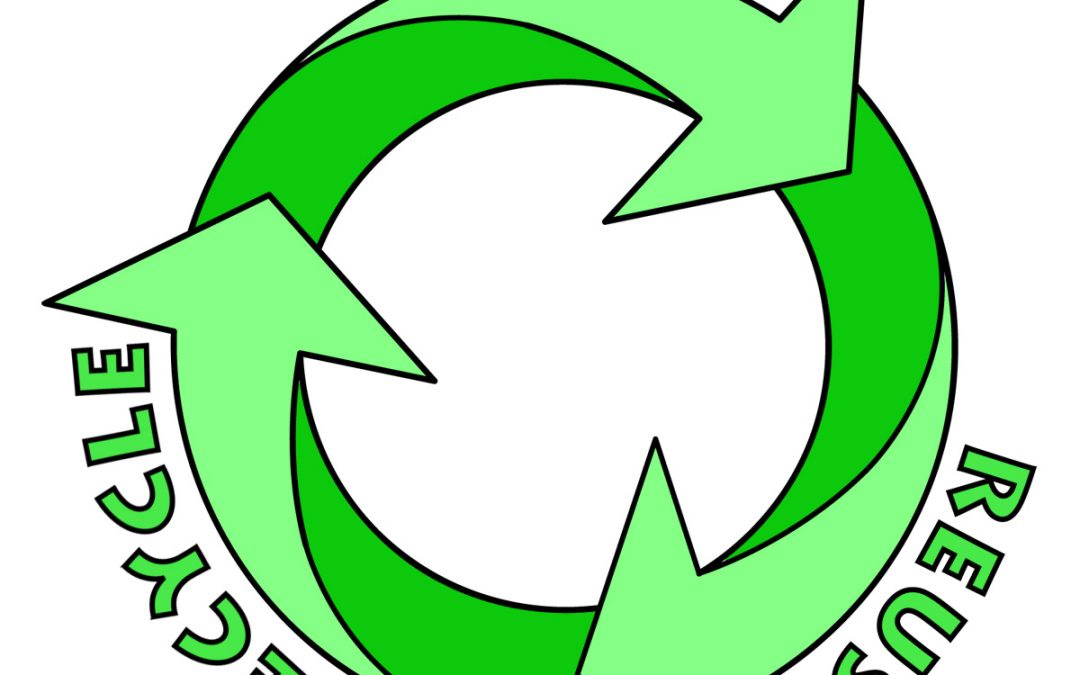Negative news about plastics is everywhere. Any online search on the topic inevitably leads to news about plastic bag bans, micro-beads polluting water ways, and images of disadvantages people digging through third-world landfills. While plastic pollution is a problem, this is because of poor recycling and disposal practices in many cases or misusing the material in certain applications. Microbeads do not need to be in toiletries, and low-density polyethylene (plastic bags) are very recyclable – as are plastic drinking bottles and other fluid containers. Here’s a challenge: take your household plastics to the local recycling depot and try to find any plastics that are not recyclable!
Consider: is the plastic to blame or lack of education or effort in proper disposal by people to blame?
During this last year’s IAPD (International Association of Plastics Distributors) conference in Chicago a mandate was layed down by IAPD leadership: to combat bad press and negative news on plastics by educating the public on the environmental benefits of plastic. Yes, you heard correctly – the environmental benefits! How so? Lets address some common concerns.
Plastics are toxic?
This has been extremely exaggerated. Phthalates and biphenyls in plastics have been brought up as having health concerns. But many of those are exaggerated or outright false. For example, a newsworthy recent concern was phthalates being released into PETE drinking bottles when left in heat. This was proven to be untrue except in extreme circumstances. In regards to bisphenyls in plastics, this has been largely phased out of plastics – even cheap plastics from overseas. However, how concerned are you over your paper receipts? Those have had, and still have, much higher levels of bisphenyl in them than plastic!
Many plastics are deemed FDA and CFIA safe for food or medical applications and serve in countless applications in those industries.
Plastics consume more energy than traditional materials?
Not true. According to a study done by Franklin Associates, Ltd., throughout its life-cycle, plastic manufacturing saves 58 million barrels of oil, or 325 billion cubic feet of natural gas, being used for production of non-plastic alternatives (http://plastics.americanchemistry.com/plastics-an-energy-effecient-choice). Plastics require much less energy than metal especially. You do realize the amount of coal and heat that goes into steel smelting right? Additionally, plastics save energy costs in all types of vehicles from cars, to aircraft, to ships. This is because plastics are lighter and when they replace heavier metals (including “light” metals such as aluminum) less fuel is needed to move those vehicles. Need an example? The popular new Boeing 787 Dreamliner uses plastics and plastic composites heavily…And is 30% more fuel efficient than comparable jets.
Isn’t the Plastics Industry part of the problem?
Absolutely not. Plastics recycling is a major part of most distributor’s/fabricator’s operations. There is big business in plastics recycling and there are no shortage of companies wishing to make it very smooth and easy to get our scrap and shavings. They not only pick up but they pay us for our recycled plastic. We try to waste as little as possible including using or selling offcuts when available or using our own scrap as “samples” for customers. Fact is, the plastics industry is very aware of the bad press plastics get and are committed to spending their time and money to promote the positive benefits of plastics whenever possible: including environmental benefits. It is true that most plastics take a long time to biodegrade but it’s also true that if people do their part in recycling and proper disposal of plastics then plastic pollution will be an almost non-existent concern.
For your questions on how plastics can provide both environmental and practical benefits to your applications, contact us today!

